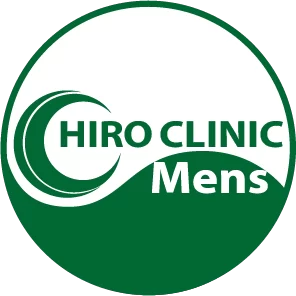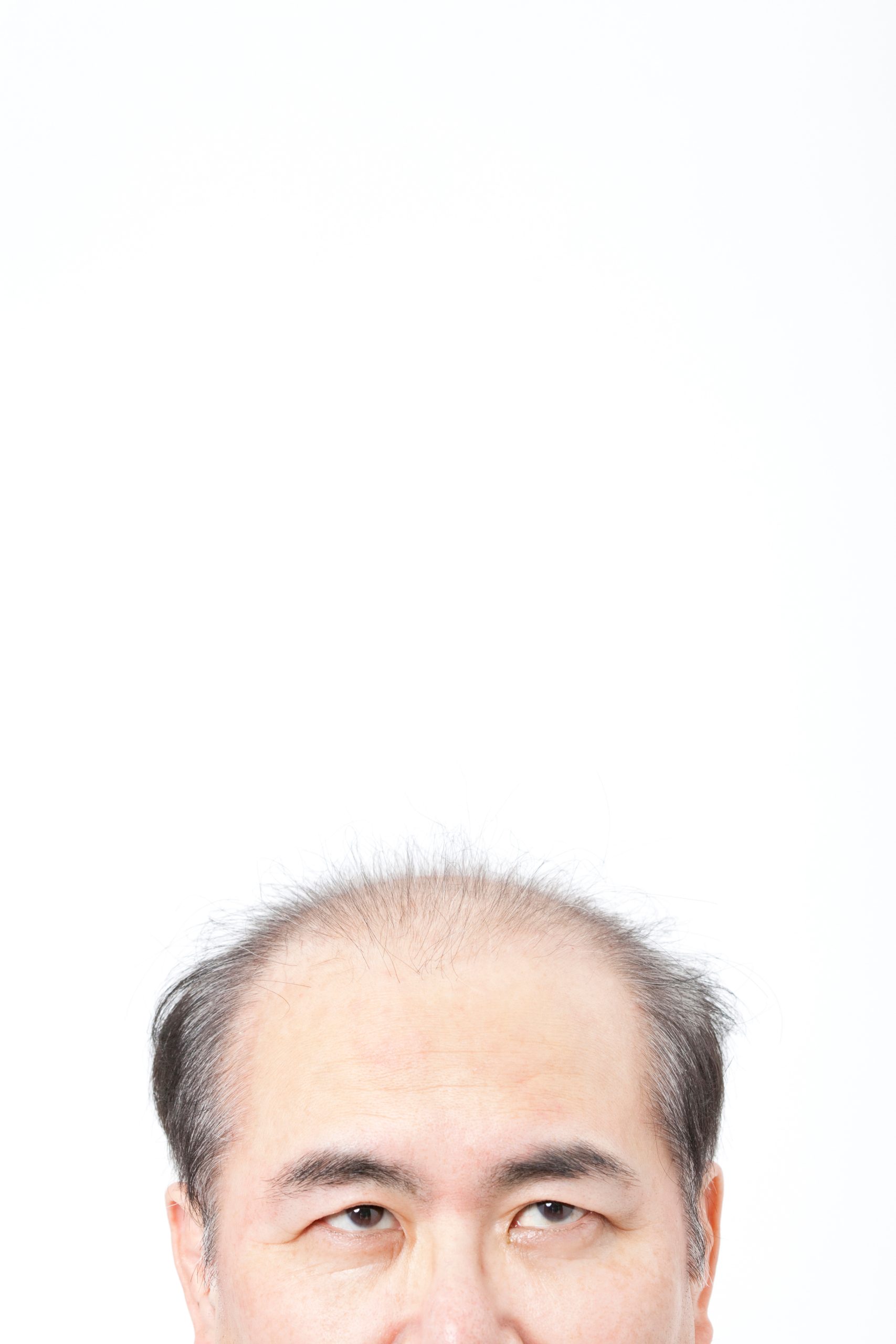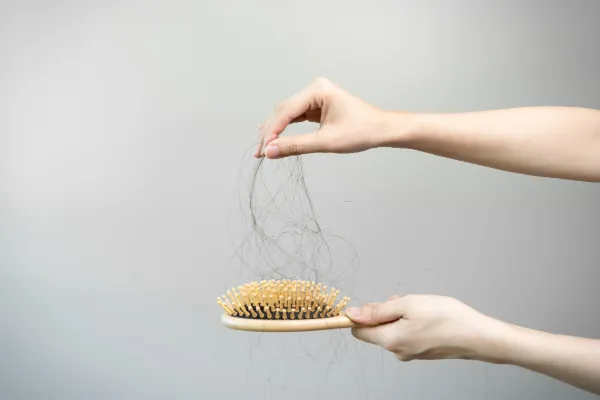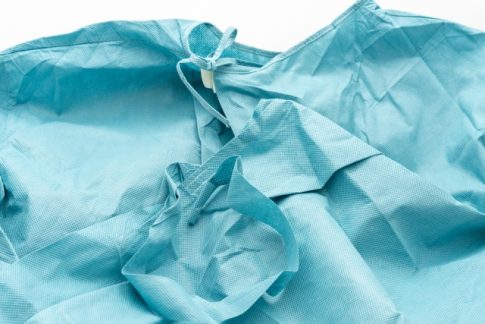この記事の概要
Self-care after hair transplant surgery is extremely important to increase the rate of transplanted hair growth and to support healthy hair growth. The following is a detailed discussion of habits to adopt after surgery.
Immediate Post-Surgery Care
1. Protect your scalp
Rest and relaxation:
After surgery, you will need to rest for a few days and sleep with your head elevated to reduce swelling.
Care should be taken to avoid any physical irritation to the transplant and donor sites.
Avoid direct sunlight:
When going out, wear a hat to protect your scalp from UV rays.
Avoidance of physical stimuli:
Avoid rubbing or scratching the donor or transplant sites.
2. Hair washing and cleaning
First wash:
Follow your doctor’s instructions, and you will usually wash your hair for the first time 2-3 days after surgery.
Use lukewarm water and rinse lightly without using shampoo.
Use of shampoo:
If your doctor gives you the OK, use a diluted, mild shampoo.
Wash gently using the pads of your fingers, being careful not to use your nails.
3. Moisturizing the scalp
Use of moisturizer:
Use a moisturizer that contains aloe vera or vitamin E to prevent a dry scalp.
It is important to use products recommended by your doctor.
Ongoing self-care
4. Nutrition and Diet
Balanced diet:
To promote healthy hair growth, eat foods rich in vitamins A, C, E, zinc and iron.
Eat plenty of protein such as chicken, fish, soy products, and eggs.
Drink plenty of fluids:
Drink at least 2 litres of water a day to prevent a dry scalp.
5. Moderate exercise
Increases blood circulation and relieves stress:
Improve blood circulation by doing moderate exercise such as walking, light jogging, or yoga.
Moderate exercise also helps relieve stress.
6. Good quality sleep
Get enough rest:
Ensure you get 7 to 8 hours of quality sleep every night.
During sleep, growth hormone is released, promoting hair growth and repair.
Relaxing environment:
Avoid using your smartphone or computer before bedtime and create a relaxing environment.
7. No smoking or drinking
Improves blood flow:
Quitting smoking improves blood flow and increases the chances of hair transplants taking root.
Be sure to drink in moderation, as excessive drinking can adversely affect liver function and inhibit hair growth.
8. Scalp massage
Increases circulation and relaxes:
Gently massage your scalp using the pads of your fingers, applying light pressure in a circular motion, for a few minutes.
Use a silicone massage brush to gently massage your scalp.
9. Follow up and follow your doctor’s orders
Regular check-ups:
After your hair transplant surgery, you will receive regular follow-up checks to check the condition of your scalp and the transplanted hair.
If any abnormalities are observed, consult a doctor immediately.
Prescription Drug Use:
Take the medications your doctor prescribes appropriately. Medications such as finasteride and minoxidil can help promote hair growth.
Lifestyle changes:
Follow your doctor’s recommendations and maintain a healthy lifestyle.

Habits to incorporate into your daily life
10. Scalp protection and care
Avoid direct sunlight:
When you are outside for an extended period of time, use a hat and sunscreen to protect your scalp from UV rays.
Moisturizing care:
To prevent your scalp from drying out, use a moisturizing shampoo and moisturizer, especially during dry seasons.
11. Balanced nutrition
Vitamin and mineral intake:
Eat foods rich in vitamins and minerals to promote healthy hair growth, especially vitamins A, C, E, zinc and iron.
Protein Intake:
Keratin, the main component of hair, is made from protein, so make sure you get enough protein.
12. Moderate exercise
Promotes blood circulation:
Regular exercise increases blood circulation to the scalp and supports hair growth. Walking, light jogging, and yoga are effective.
13. Good quality sleep
Get enough rest:
Getting 7-8 hours of quality sleep every night will help maintain your overall health. Growth hormone is released during sleep, which promotes hair growth and repair.
14. Stress Management
Relaxation techniques:
Meditation, deep breathing, and spending time on hobbies can help reduce stress, which is important for maximizing the benefits of antioxidants, as stress increases the production of free radicals in the body.
Conclusion
Self-care after hair transplant surgery is essential to increase the survival rate of transplanted hair and optimize the outcome of your surgery. Proper hair washing and scalp care, a balanced diet, adequate fluid intake, moderate exercise, good sleep, no smoking or drinking, scalp massage, and regular follow-ups will support healthy hair growth and maximize the results of your hair transplant surgery. By following your doctor’s instructions and continuing your self-care, you will be able to enjoy your new hairstyle with confidence.
Hiro Clinic Hair Transplant
Hiro Clinic recommends Natural Pro FUE treatment, which can be used on hairless areas where oral medication or injection therapy is ineffective, and leaves barely noticeable scars. Hair roots are harvested from the back of the head and partially shaved, making post-operative care easier, and only the required number of hairs are transplanted with a natural finish. It is a same-day procedure using local anesthesia, and provides gentle, gradual hair growth at an affordable price, making it a safe option in Japan.








